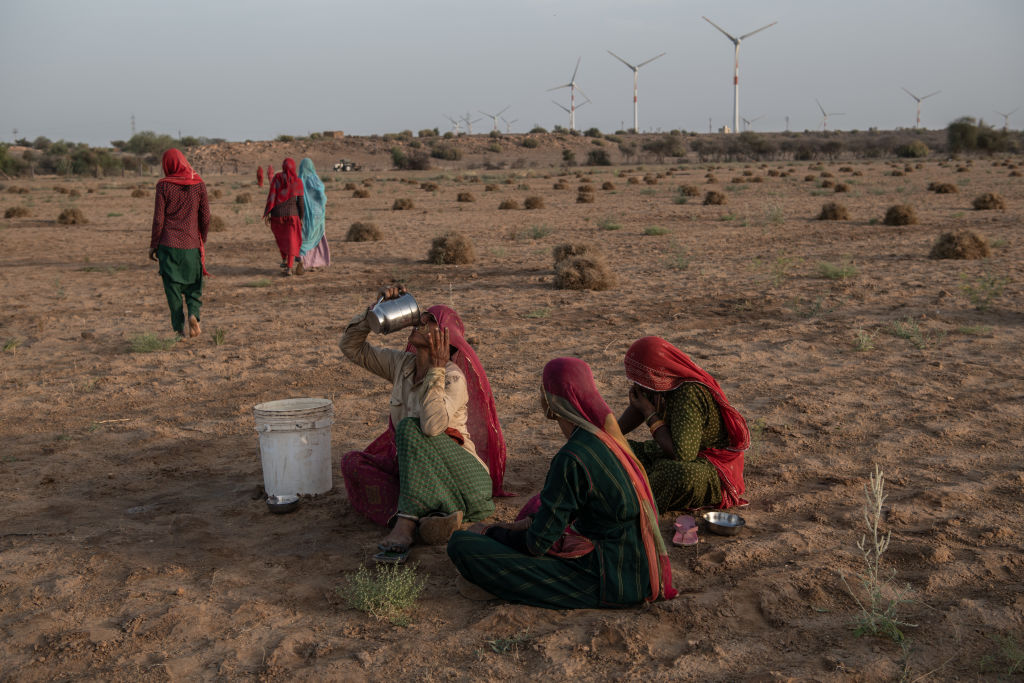- Monday, May 06, 2024
The court’s decision acknowledges that climate change poses a threat to the “constitutional guarantees of equality and health,” affecting elements such as air quality, disease prevalence, and food security.

By: Shubham Ghosh
IN a significant ruling, the Supreme Court of India has broadened the scope of “right to life” to include “protection against adverse effects of climate change”.
The verdict recognises that threats posed by climate change
The court’s decision acknowledges that climate change poses a threat to the “constitutional guarantees of equality and health,” affecting elements such as air quality, disease prevalence, and food security.
The right to life is a fundamental entitlement protected under Article 21 of the Indian Constitution.
Read: India president seeks urgent action on climate change, says time ‘not on our side’
“Without a clean environment which is stable and unimpacted by the vagaries of climate change, the right to life is not fully realised,” the apex court’s ruling said.
“The right to health (which is a part of the right to life under Article 21) is impacted due to factors such as air pollution, shifts in vector-borne diseases, rising temperatures, droughts, shortages in food supplies due to crop failure, storms, and flooding,” the bench said.
The statement was issued by a three-judge bench led by Chief Justice DY Chandrachud during during a hearing of a petition aimed at safeguarding the Great Indian Bustard (GIB) and the Bustard and Lesser Florican – both critically endangered bird species – from habitat loss caused by power transmission lines.
While the ruling was given on March 21, the detailed verdict was made public last Saturday (6).
The court has sought formation of a committee tasked with striking a balance between conserving the critically endangered GIB and facilitating the development of renewable energy infrastructure in the states of Rajasthan and Gujarat.
“The inability of underserved communities to adapt to climate change or cope with its effects violates the right to life as well as the right to equality,” the court said.
Many think tanks have of late highlighted the significant threat of climate change to life in India, placing it among the countries most vulnerable to its impacts.
This vulnerability stems from various factors such as its huge population, dependence on agriculture, and exposure to extreme weather events such as floods and droughts.
In 2022, the UN’s Intergovernmental Panel on Climate Change identified the South Asian nation as one of the most vulnerable nations to climate change. It estimated that the country had already witnessed a 16 per cent loss in per capita GDP since 1991 due to factors such as rising sea levels and changing monsoon patterns.
![]()